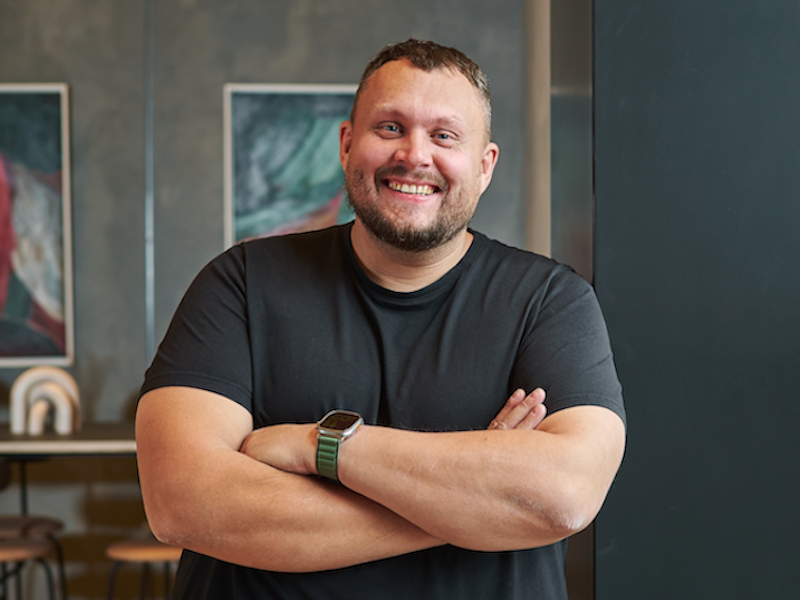Mark Hannam is a Partner at PwC. In this article he shares why he is in support of the HeForShe campaign.
Why do you support the HeForShe campaign? For example – do you have a daughter or have you witnessed the benefits that diversity can bring to a workplace?
I think it is important that there is an emotional connection that motivates an action – an intellectual rationalisation of benefits leaves me cold. I personally find my firm rewarding to work for, as it has enabled me to travel and experience many different things. It troubles me to think that colleagues are unabl e to feel that they can access the same because they are a woman, non-European, etc, etc. Accordingly, I am motivated to change our environment such that all employees feel that they are able to succeed in being themselves.
e to feel that they can access the same because they are a woman, non-European, etc, etc. Accordingly, I am motivated to change our environment such that all employees feel that they are able to succeed in being themselves.
Secondly, it is important that we are at our best and have the most fun/enjoyment/sense of accomplishment/capability when we form teams which truly embrace difference and unlock all the skills/experience/perspectives that each of us can offer. That is my experience.
Why do you think it’s important for men to support gender equality in the workplace?
The reality is often that men occupy the positions of power and influence within many organisations – accordingly they have the ability to determine outcomes. If you are able to win the hearts and minds, change behaviours, and set the tone for the whole organisation you are far more likely to achieve different outcomes.
How welcome are men in the gender equality conversation currently?
I think they are welcome but I am not sure whether there is enough clarity on how and where it would lead. See below for thinking in terms of inclusion.
Do you think groups/networks that include the words “women in…” or “females in…” make men feel like gender equality isn’t really their problem or something they need to help with?
Such words risks such groups and forums being branded as lobby groups which deal with “womens’ issues”. They risk being inward facing and being seen from the outside as a forum for sharing life’s injustices. The title suggests exclusion (in this case men). Whereas, words like balance, inclusion, etc, suggest positive outcomes that are difficult to argue against.
What can businesses do to encourage more men to feel welcome enough to get involved in the gender debate?
I think businesses should have a focus on inclusion as a whole (not just gender but culture, race, religion, sexual orientation, etc) and to seek to foster a clear sense that all organisations have latent talent and that people feel it is a place where they can develop, are motivated and that the sum is greater than the parts. In that context gender is one facet and I think a key objective is to open peoples’ eyes to how each of us have bias (unconscious or otherwise) which shapes how we make decisions, how we assemble teams, how we evaluate what good (and bad) looks like, how we evaluate performance and ability etc.
Do you currently mentor any women or have you in the past?
Yes and extend that to sponsorship.
Have you noticed any difference in mentoring women – for example, are women less likely to put themselves forward for jobs that are out of their comfort zones or are women less likely to identify senior roles that they would be suited for?
There is a risk that it is too clichéd to say that women lack the confidence of men and therefore are disadvantaged. I think there are number of aspects needed in mentoring – to develop behaviours and ways of working which fits comfortably with your own personal style in order to achieve an organisation’s desired outcomes/strategy rather than mimick someone else’s behavior – confidence has its part but often men find it challenging to develop as well.
To some extent mentoring compensates for other challenges, such as successfully factoring in career breaks, unconscious bias, etc.








